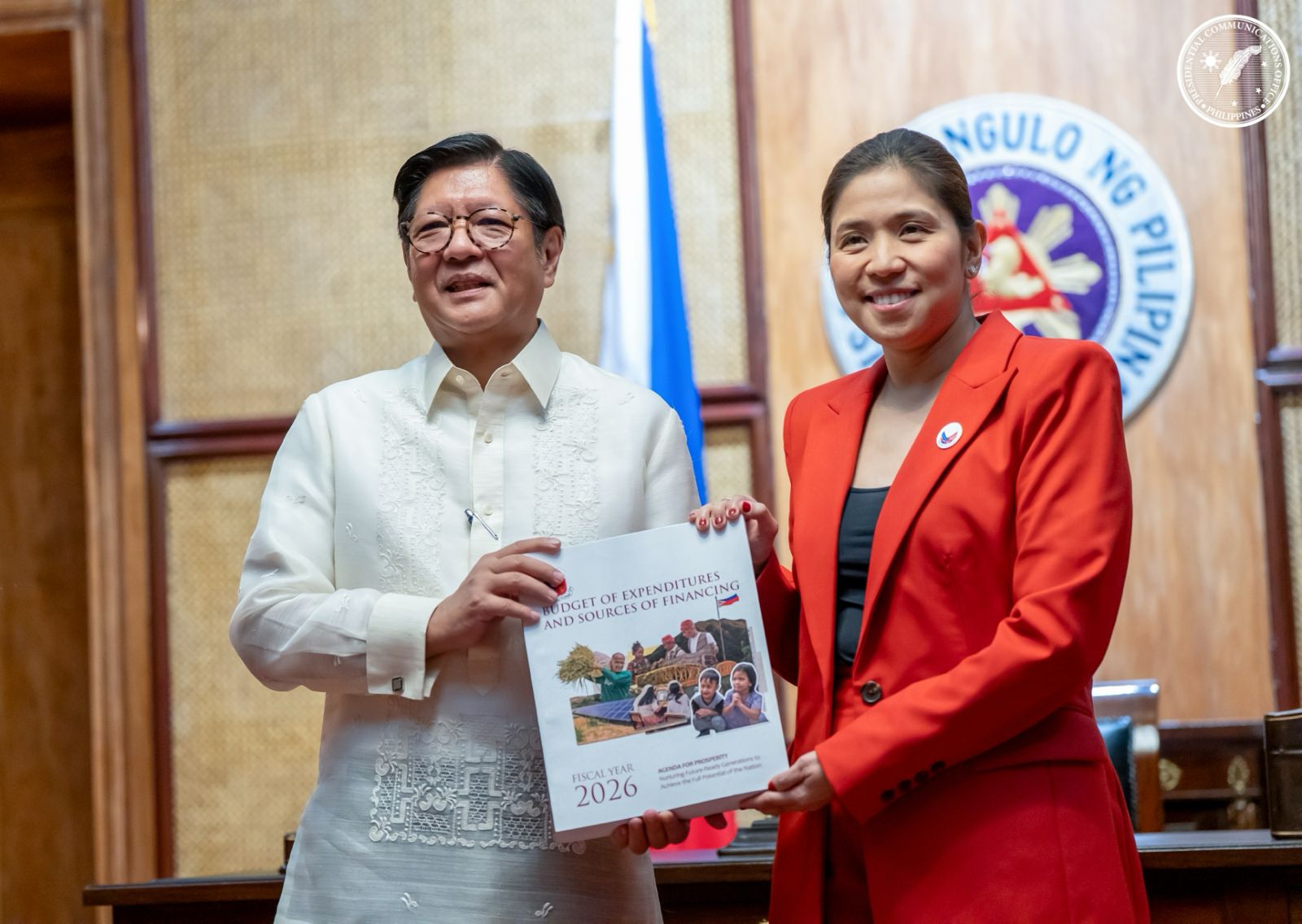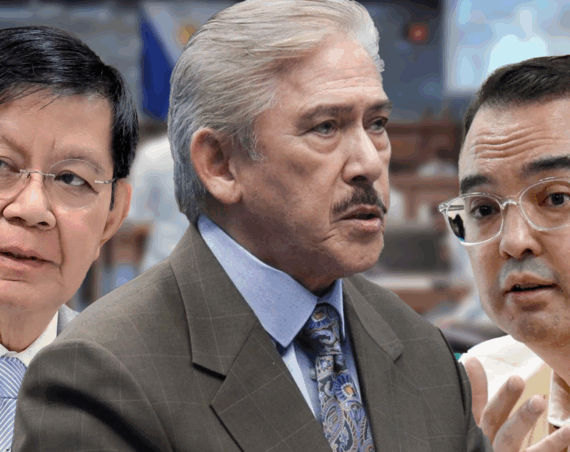Former Finance Secretary Gary Teves on Thursday, August 14, urged President Ferdinand Marcos Jr. to convene the Legislative-Executive Development Advisory Council (Ledac) before congressional committee hearings on the proposed 2026 national budget begin, and to meet at least monthly thereafter.
In a statement sent to The Situation Report, former Secretary Teves said this is crucial given the country’s limited fiscal space and the need to stick to the government’s fiscal consolidation program.
He stressed that legislators should focus on projects listed under programmed appropriations—those with definite funding sources and scheduled for timely implementation.
The Marcos administration’s proposed National Expenditure Program (NEP) for 2026 amounts to ₱6.79 trillion, up 7.4% from this year’s budget and equivalent to 22% of gross domestic product.
Here are former Secretary Teves’ insights:
The submission of the 2026 proposed National Budget, or the National Expenditure Program (NEP), to the House of Representatives marks the beginning of marathon congressional deliberations on the details of the proposed National Budget that will end around early December.
For 2026, the Marcos Jr. administration has set the national budget at Php 6.79 trillion, registering a 7.4% increase from this year’s budget. This is also equivalent to more than a fifth (22%) of the country’s economy.
The Department of Education will receive the lion’s share of the budget at Php 928.5 billion, which is 19% higher than its budget this year. This is followed by the Department of Public Works and Highways with Php 881.3 billion, around 28% of which, or Php 250 billion, are allotted for flood management projects.
Other departments that will receive the largest budget allocation are the Department of Health (Php 260 billion), Department of Social Welfare and Development (Php 223 billion), Department of Transportation (Php 197 billion), and the Department of Agriculture (Php 153 billion).
Some notable items in the budget include the following:
- Debt interest payments at Php 950 billion, or 14% of the total budget;
- Unprogrammed appropriations, or items that do not have definite sources of funding, at Php 250 billion, or 3.7% of the budget;
- National tax allotment, formerly the internal revenue allotment, for local government units at Php 1.2 trillion;
- Budgetary support to the Philippine Health Insurance Corporation (PhilHealth) at Php 53 billion in 2026, after receiving zero budget this year.
As the House of Representatives begins its examination of the proposed budget, we reiterate our call for the President to convene the Legislative-Executive Development Advisory Council (LEDAC) before the committee hearings start and at least once a month thereafter.
Given the limited fiscal space and the need to adhere to our fiscal consolidation program, this is a critical time for the President to remind legislators to stick as much as possible to the projects that are included in the list of programmed appropriations as proposed by the Executive Department.
The high-priority projects under programmed appropriations are those with definite sources of funds that must be implemented on schedule. These include the Pantawid Pamilyang Pilipino Program (4Ps) and counterpart funds for foreign-assisted projects.
We also welcome proposals coming from both houses of Congress allowing more transparent deliberations throughout the budget process, including the bicameral conference committee.
This is critical to prevent a repeat of the previous year’s practice of unnecessary insertions and last-minute changes such as the transfer of items in the programmed appropriations to unprogrammed appropriations.
The current momentum towards greater transparency and accountability in the national budget presents a rare opportunity to create meaningful public governance reforms.





EDITORIAL: The abuse of class suspensions has gone too far